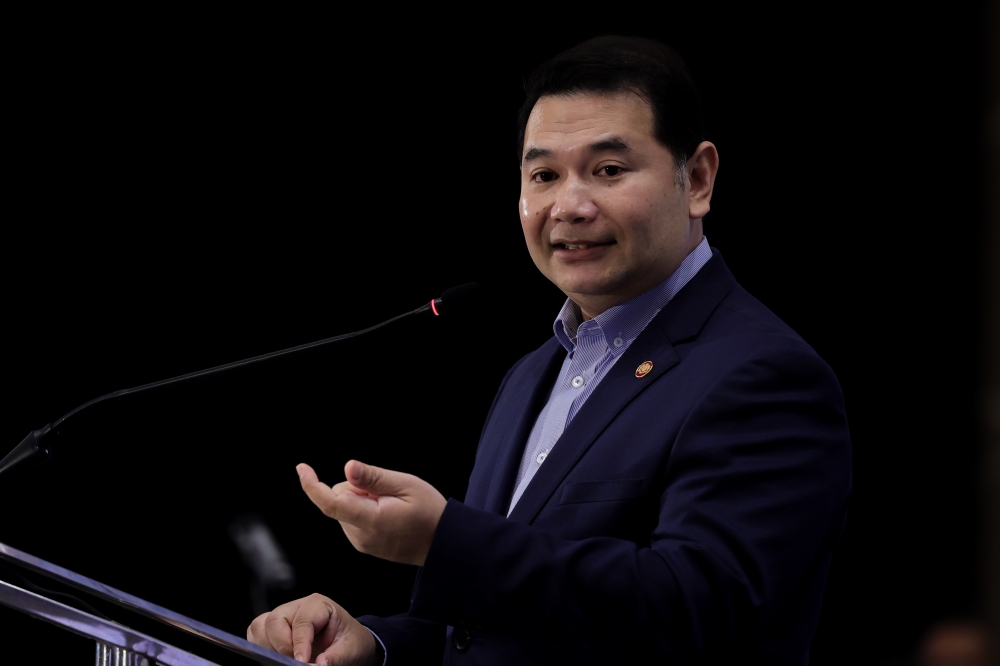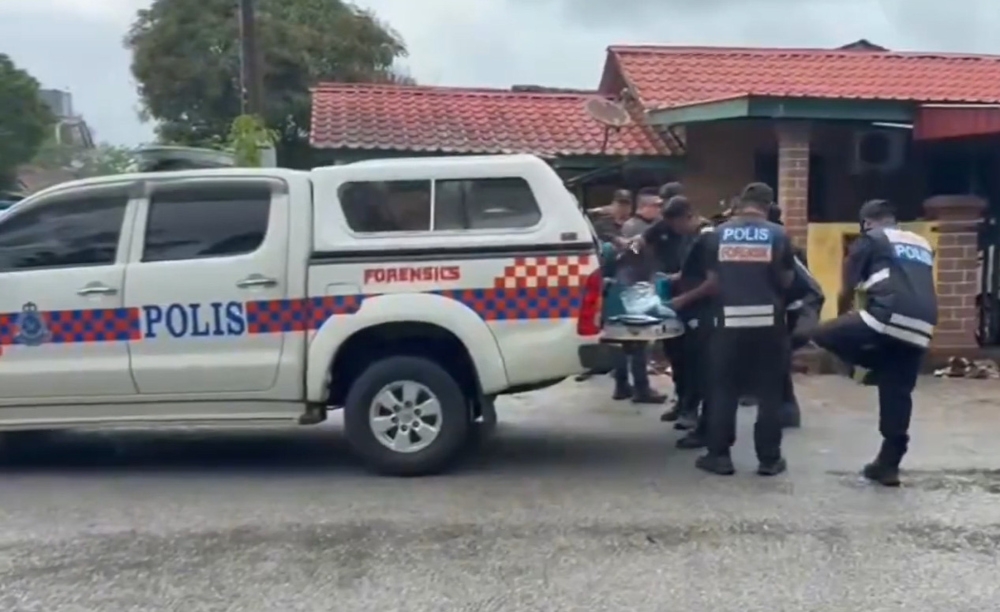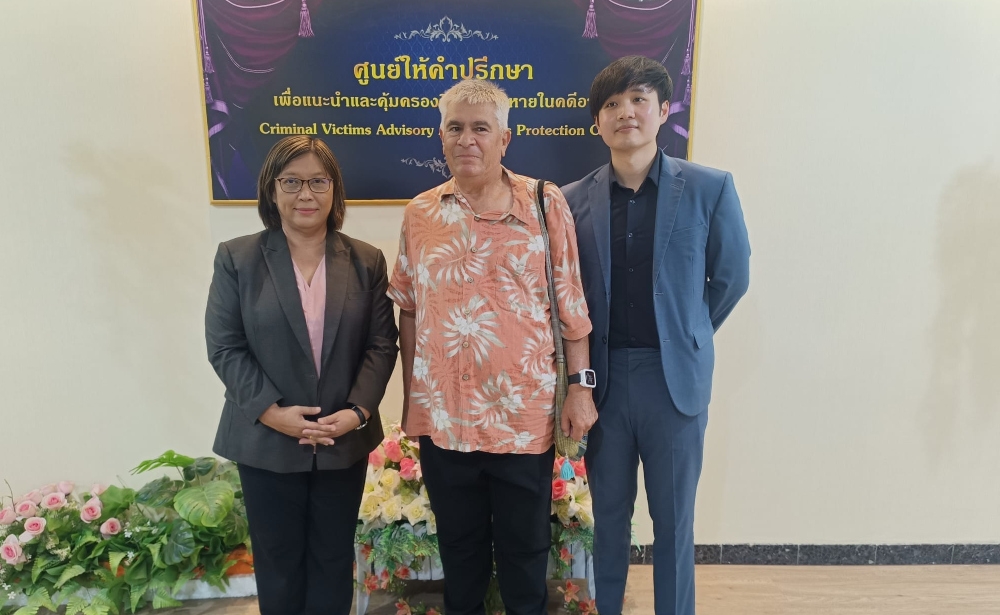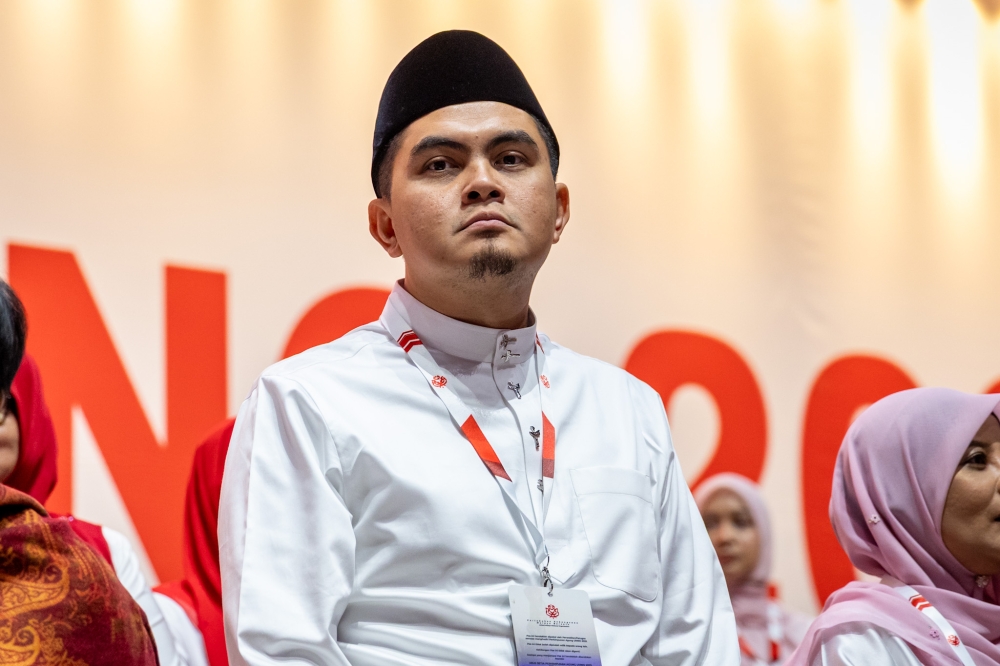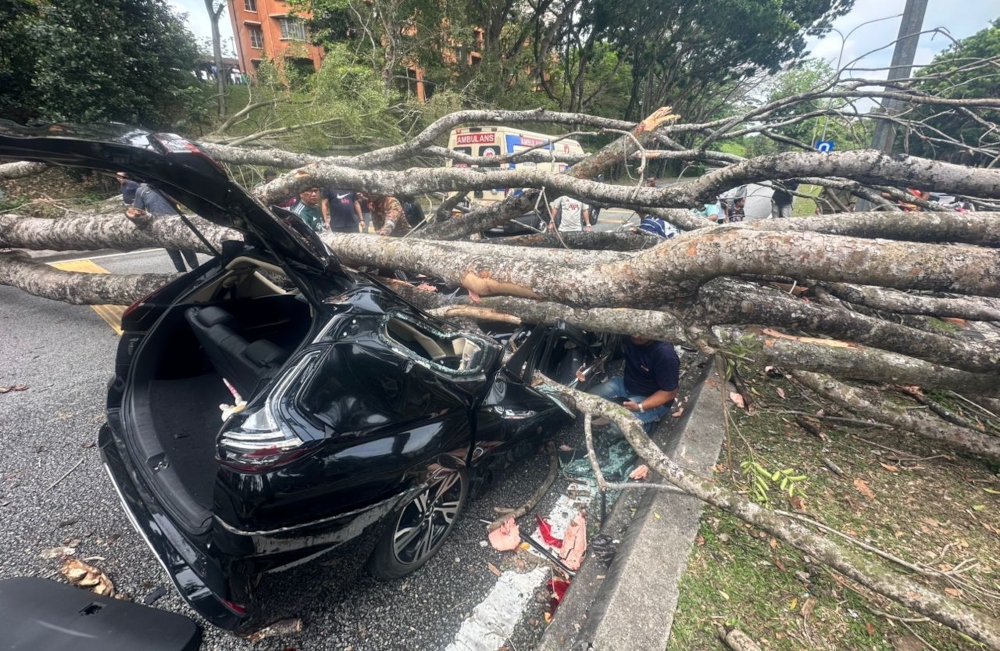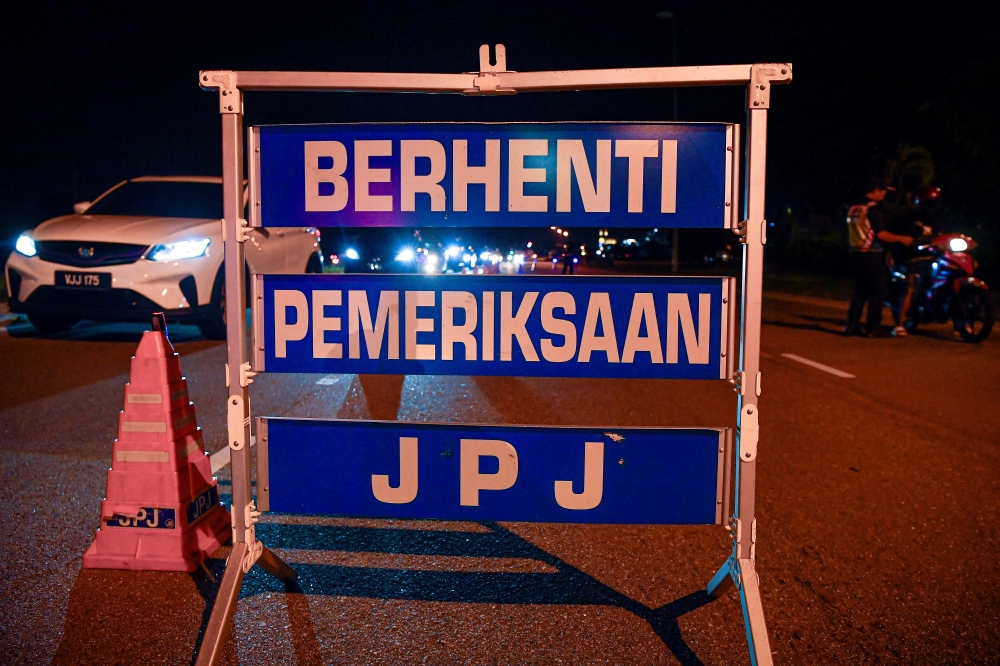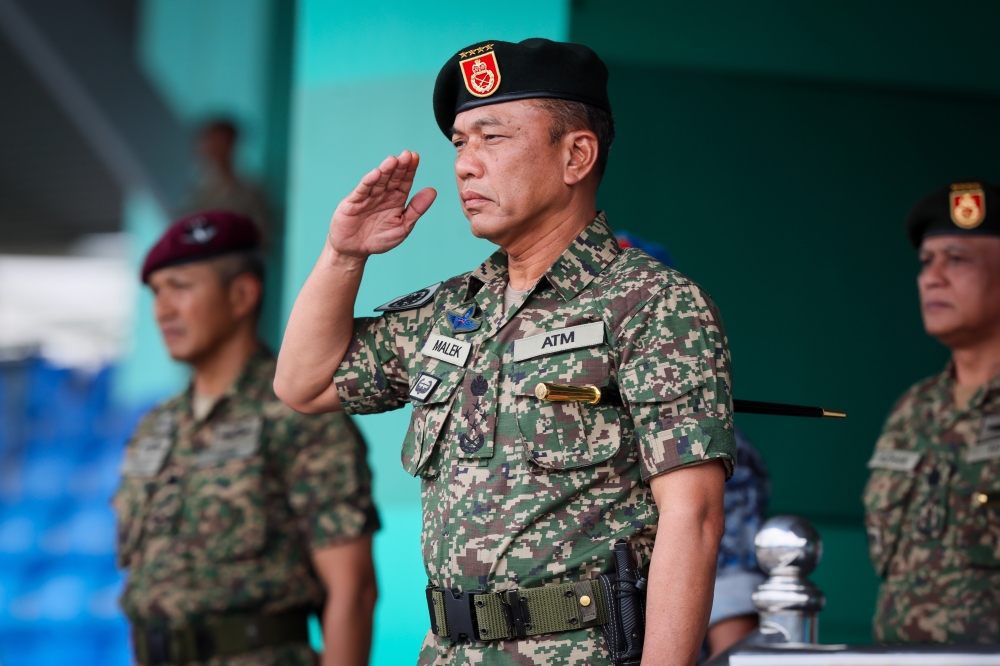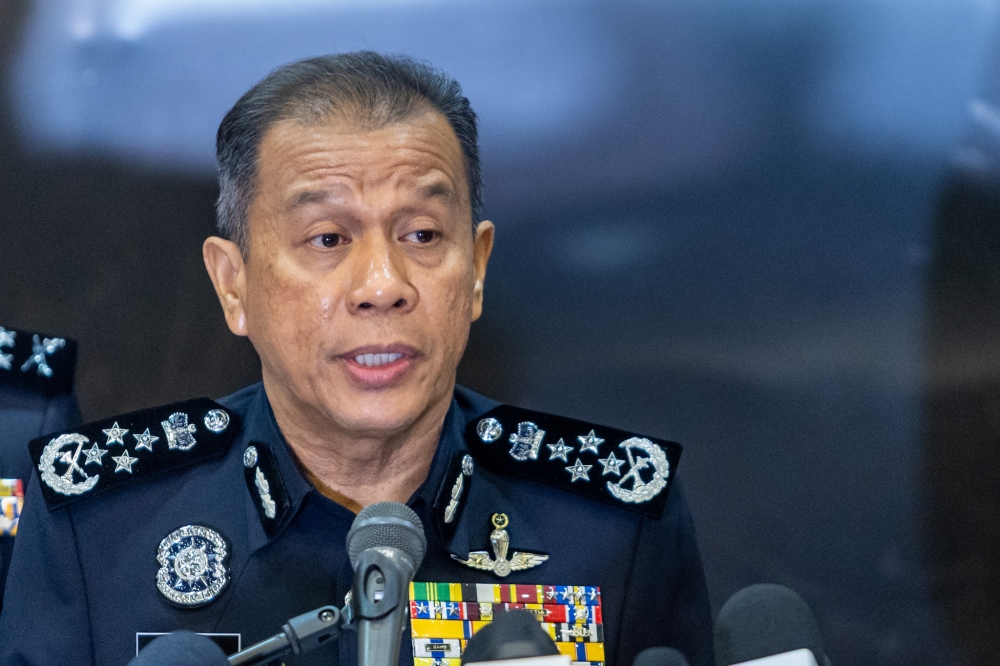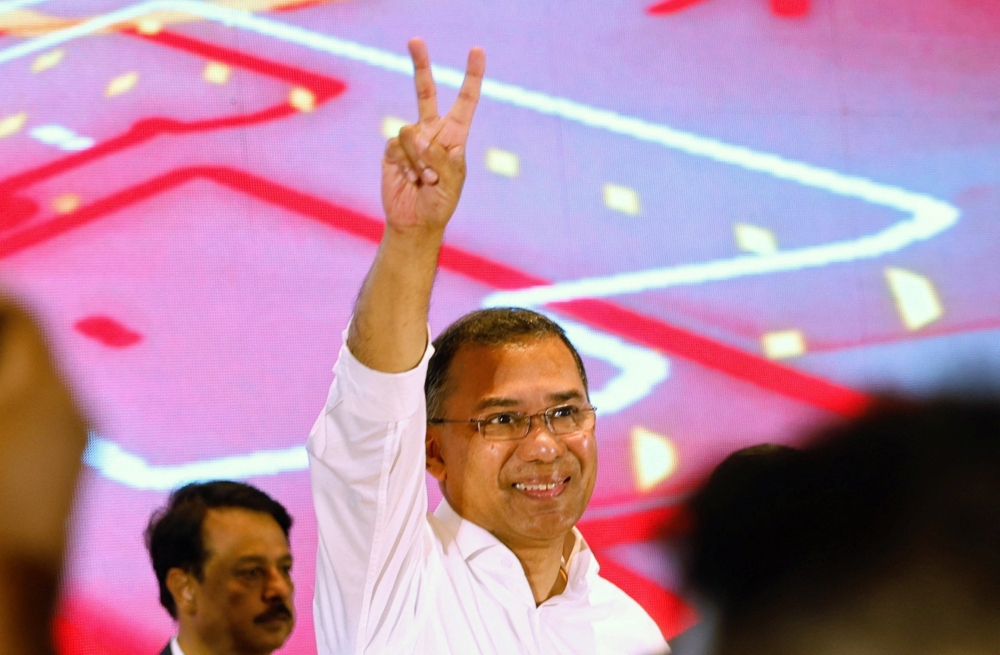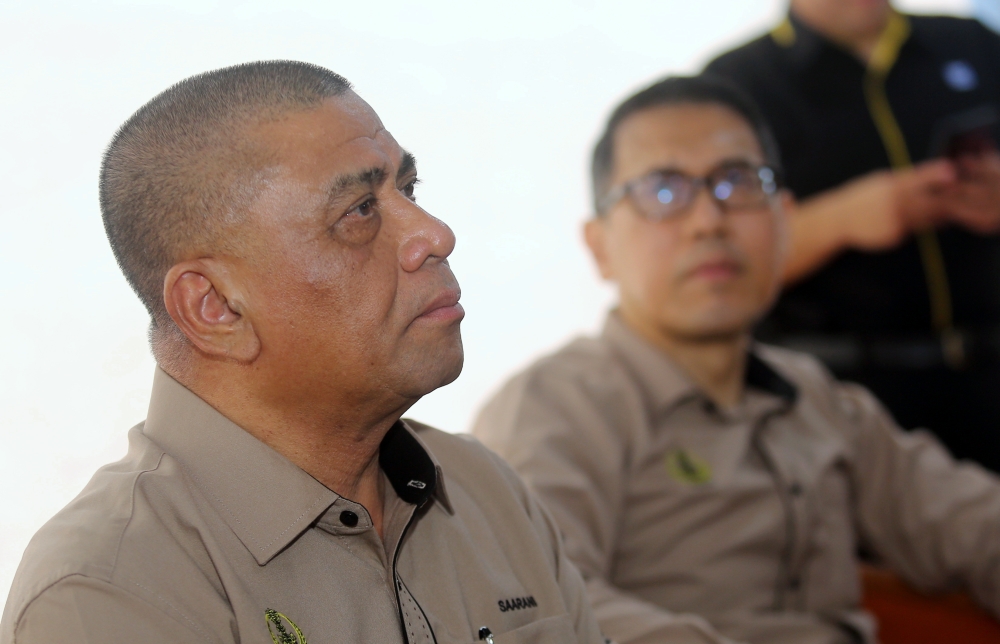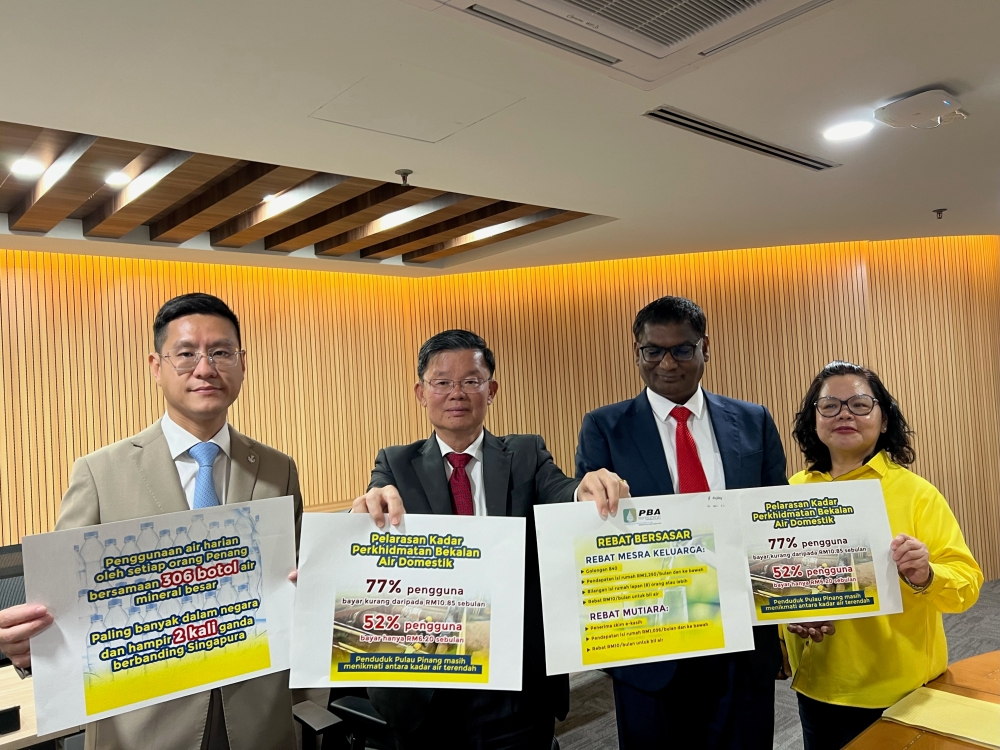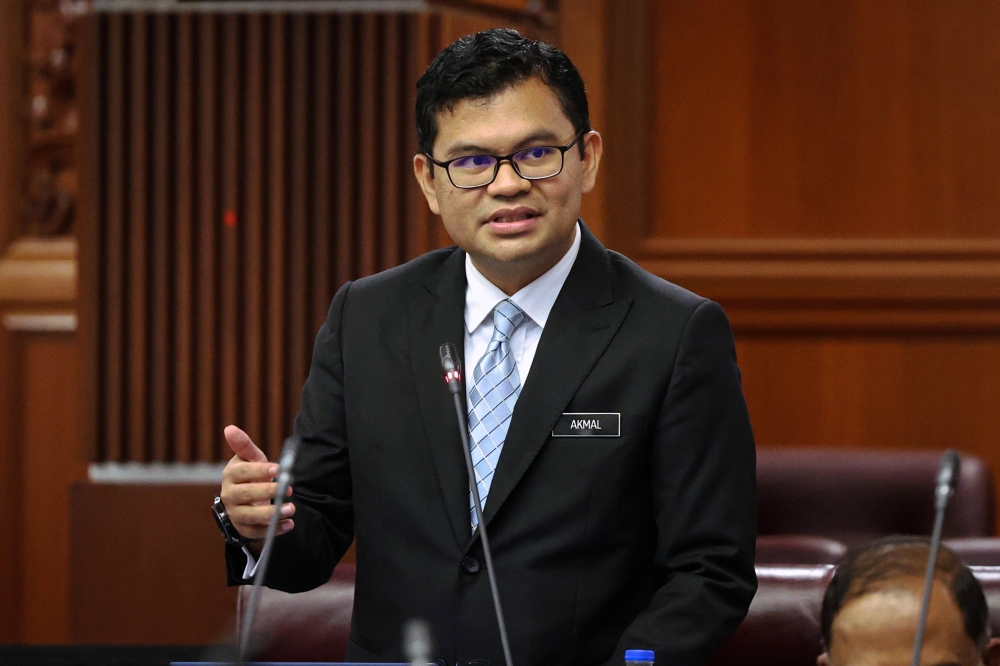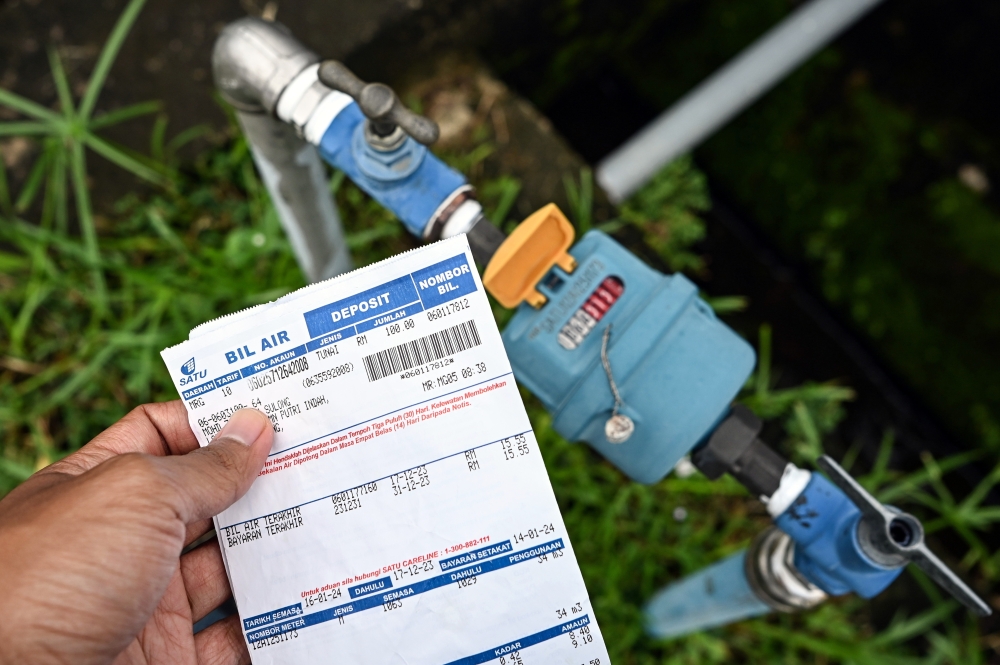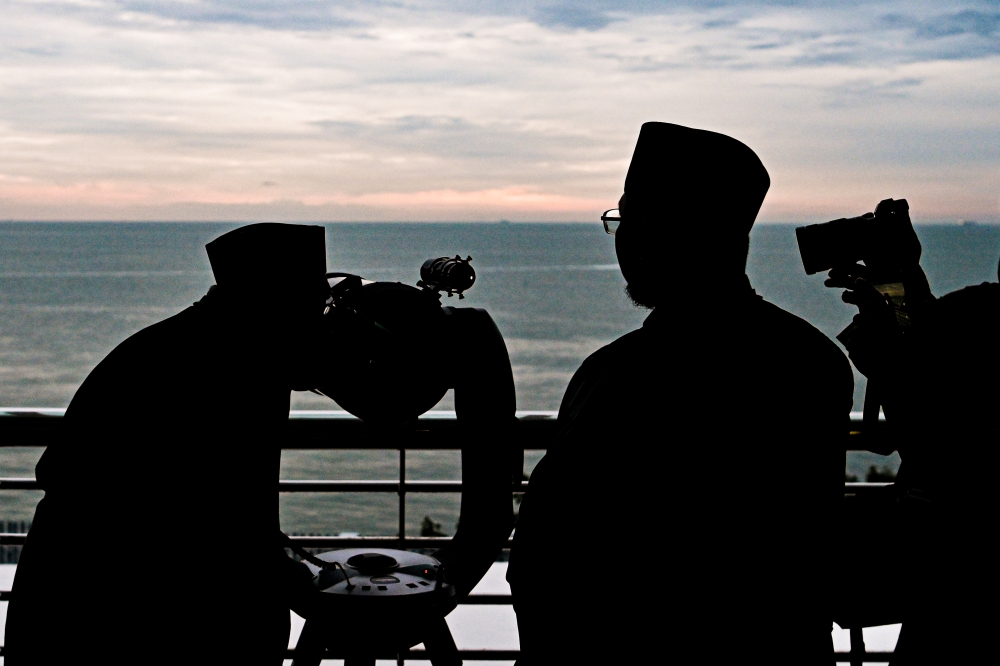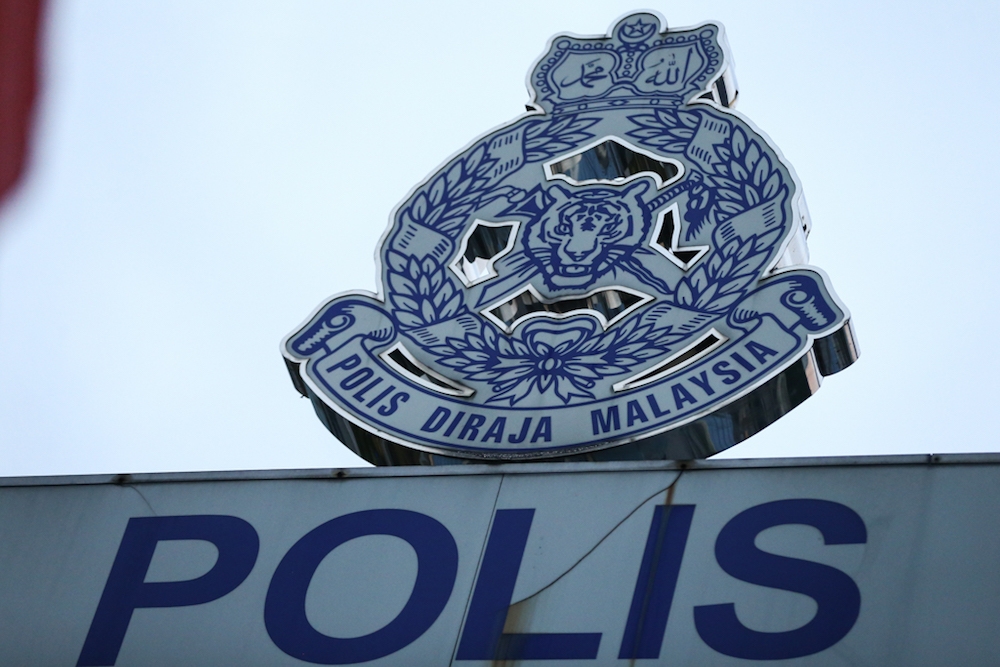KUALA LUMPUR, Jan 17 — The unveiling of a forthcoming adjustment to the water tariff in the peninsula and the Federal Territory of Labuan, scheduled to take effect from February 1, is a strategic move poised to facilitate regional operators to enhance their infrastructure and service delivery.
The measure is anticipated to have a positive impact indirectly on the well-being of the populace by resolving issues such as savings margin and dilapidated pipes, which have been identified as contributing factors to supply disruptions.
Following the announcement by the National Water Services Commission (SPAN) today, some states are also required to conduct a detailed study and provide further clarification on the benefits to the public before it is implemented.
In Perak, Menteri Besar Datuk Seri Saarani Mohamad said the state government will conduct a detailed study first since Perak is subject to a study carried out by the Perak Water Board (LAP).
Once the LAP study is concluded, any proposal by the state water operator needs to be brought to its board meeting and then to the state government exco meeting for a decision, he said.
“This tariff is indeed under the authority of SPAN, so I believe that SPAN has made a decision based on numerous requests from several states. But, as usual, it is not a must that we follow. It depends on the pros and cons of the preliminary study by LAP,” he said at a press conference today.
Meanwhile, State Infrastructure, Energy, Water, and Public Transport Committee chairman, Datuk Seri Mohammad Nizar Jamaluddin said the state government plans to set a lower water tariff than the SPAN adjustment as it is not bound by the commission’s set rates.
In Johor, State Public Works, Transport and Infrastructure Committee chairman Mohamad Fazli Mohamad Salleh said the state government is waiting for further clarification from the federal government regarding the direct benefits to the public of such a tariff adjustment.
“We do not receive direct benefits from the water tariff adjustment because in Johor the water operators are private companies. In other states, the operators are under the state government, so they can benefit directly.
“Our benefits can be building new dams and so on. We need further study (from the federal government),” he said, adding that Johor’s water tariff was last adjusted nine years ago.
In Kedah, State Public Works, Natural Resources, Water Supply, Water Resources, and Environment Committee chairman, Mohamad Yusoff @ Munir Zakaria, has encouraged water operators to enhance service quality, boost infrastructure capacity, and improve efficiency to manage the supply of clean water.
“Water operators also have to act to ensure water supply is not disrupted. They should add tankers, static tanks, booster pumps, coordinate the distribution system, pressure, and take other proactive and aggressive measures,” he said.
In Perlis, Syarikat Air Perlis (SAP) chief executive officer, Mohmad Asari Daud said the adjustment could facilitate efforts to maintain water supply infrastructure in problem areas with low water pressure such as in Chuping, Sanglang, and Kuala Perlis.
He said the adjustment in Perlis is as follows - 0-20 cubic metres at 70 sen, 21-35 cubic metres (RM1.10), and over 35 cubic metres (RM1.50), while the minimum charge for domestic users is RM7.
This is compared to the previous rates of 0-15 cubic metres (40 sen), 16-40 cubic metres (70 sen), and over 41 cubic metres (RM1.10) with a minimum charge of RM4, he added.
In Negeri Sembilan, Menteri Besar Datuk Seri Aminuddin Harun said the state’s last domestic water tariff adjustment involving 478,836 accounts was 22 years ago.
He said the new rates are, 20 cubic metres (0.71 sen), 20-35 cubic metres (RM1 .09) and over 35 cubic metres (RM1.64).
“Syarikat Air Negeri Sembilan Sdn Bhd (SAINS) is still subsidising 93,909 domestic accounts using less than 20 cubic metres of water per month because the new rate is still below its operating cost (treatment, distribution and improvement) of RM1 per cubic metre,” he said after the exco meeting here today.
Aminuddin, who is also the Chairman of SAINS, said the average consumption per household in the state is 22 cubic metres per month.
Thus, the impact of the increase in the monthly bill is only RM3.68 or 12 sen per day while the new tariff for other than domestic use will be 9 sen per cubic metre, he added.
He mentioned that the anticipated extra income from the domestic tariff adjustment is RM1.2 million monthly or RM14.4 million annually, which will be allocated for projects aimed at enhancing water supply services in the state.
In Pahang, Menteri Besar Datuk Seri Wan Rosdy Wan Ismail said the state government is studying the provision of targeted subsidies or assistance to the less fortunate such as the B40 following the announcement of new water tariff rates, but the assistance will be fine tuned with relevant parties before implementation.
“It (adjustment of water tariff rates) will start on Feb 1 and was only announced today. I am asking for some time... this has also not been discussed with Pengurusan Air Pahang Berhad (PAIP) chief executive officer,” he told reporters here today.
He said the increase in the water tariff rate from 37 sen for the first 18 cubic metres to 78 sen for the first 20 cubic metres occurred after the last tariff review took place in 1983, which was 41 years ago, thus making Pahang the state which maintains its water tariffs for the longest in the country, and it has the second lowest state domestic water tariff after Penang.
In Penang, Chief Minister Chow Kon Yeow said the state had postponed the previously approved tariff rate adjustment but the time had come to raise the rate after 31 years of no increase.
“The rate for stream one has not been adjusted since 1993 but even with the tariff rate adjustment, the rate in Penang is still the lowest compared to other states and as stipulated by SPAN the adjustment requires users to pay the Imbalanced Cost Relief (ICPT) cost.
“From 2019 to 2023, Penang Water Supply Corporation’s (PBAPP) subsidy liability is RM503 million as a cover for operating costs and the need to upgrade infrastructure to guarantee water supply to 593,255 domestic users throughout the state,” he said.
Meanwhile, state Infrastructure, Transport and Digital Committee chairman Zairil Khir Johari said through the new tariff, 52 per cent of water users in Penang will pay a minimum tariff charge of RM6.20/month including electricity charges compared to RM2.50/month for the old tariff while 77 per cent of water users in Penang will pay a tariff of less than RM10.85/month. — Bernama


